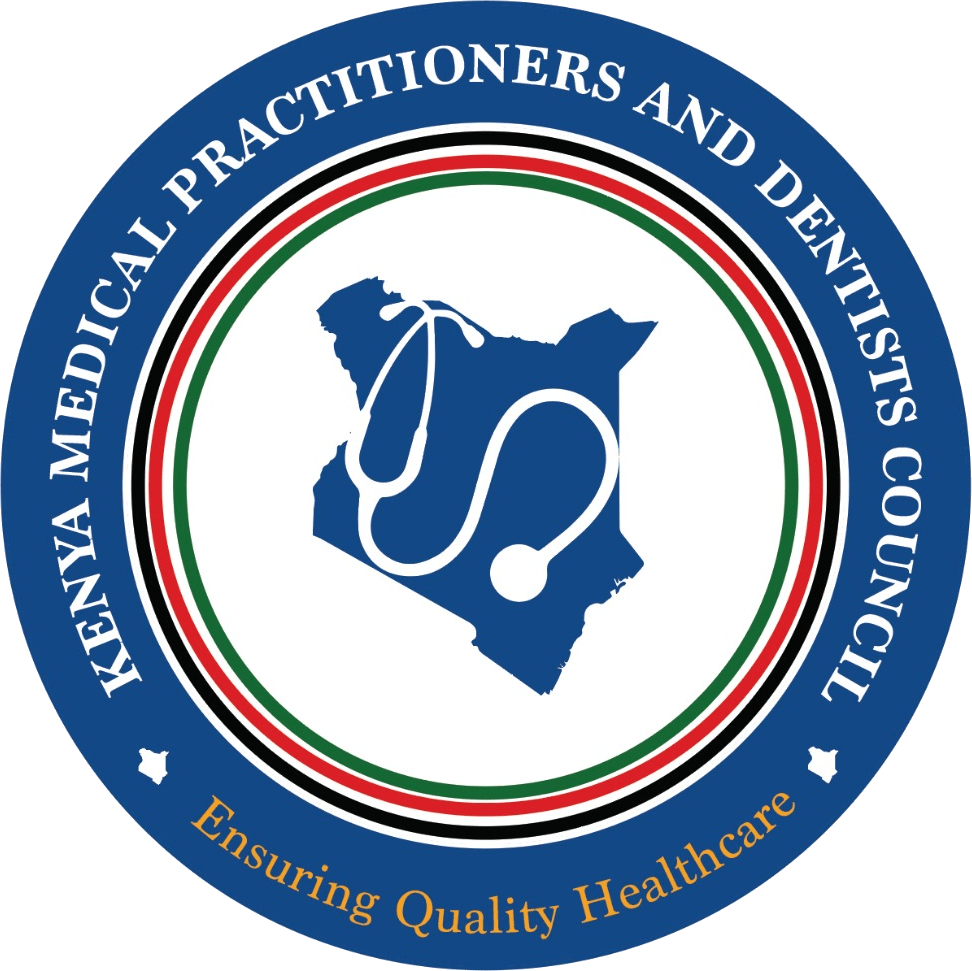Starting on:
Dec 6, 2024
Ending on:
Dec 6, 2024
Moderator(s):
MCH
Max Credits:
3 Points
Provider:
Plainsview Nursing Home
Claim Points
Dec 6, 2024
Ending on:
Dec 6, 2024
Moderator(s):
Dr.
Jane Ikonya
MBChB
Venue: MBChB
MCH
Max Credits:
3 Points
Provider:
Plainsview Nursing Home
Claim Points
Neotal Sepsis
Starting on:
Dec 6, 2024
Dec 6, 2024
Ending on:
Dec 6, 2024
Dec 6, 2024
Venue:
MCH
MCH
Description
Neonatal sepsis is a bloodstream infection that occurs in infants under 90 days old. It can be caused by bacteria, viruses, or fungi, and can be fatal if left untreated.
Objectives
Symptoms include:
Fever (present in only 10–15% of cases)
Lethargy
Irritability
Jaundice
Vomiting
Diarrhea
Abdominal distention
Respiratory distress
Neurologic findings like seizures or jitteriness
Neonatal sepsis can be categorized as early-onset or late-onset:
Early-onset
Occurs within the first week of life, usually within 24–48 hours. The most common causes are group B streptococcus (GBS) and Escherichia coli (E coli).
Late-onset
Occurs after the first week of life, up to 3 months of age. The most common causes are GBS, E coli, other Gram-negative aerobes, or L monocytogenes.
Treatment for neonatal sepsis includes: Intravenous (IV) fluids, IV antibiotics, Antiviral medication, Heart and/or blood pressure medications, and Extra oxygen and other forms of respiratory support.
Neonatal sepsis can have serious consequences, even for survivors. Survivors may have an increased risk of cerebral palsy, hearing loss, visual impairment, and cognitive delays.
Presenters
-
Dr.
Jane Ikonya
MBChB
GP

